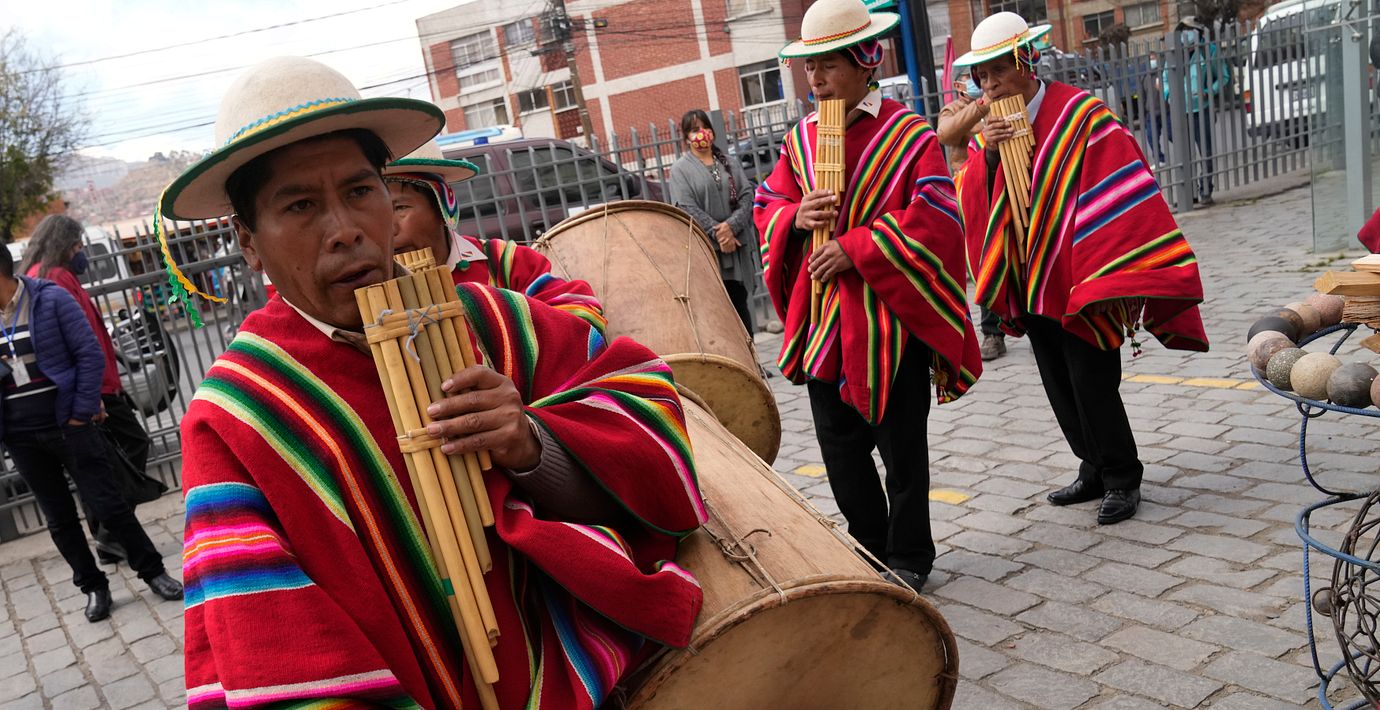
Museum vill lämna tillbaka föremål till Bolivia
Statens museer för världskultur vill att arkeologiska föremål från museets samlingar ska lämnas åter till ursprungsbefolkningen Kallawaya i Bolivia. Det rapporterar TT.
1970 köpte chefen för Etnografiska muséet i Göteborg den så kallade Niño Korin-samlingen på plats i Bolivia och förde den därefter ut ur landet. Både urfolket Kallawaya och Bolivias utrikesdepartement har begärt att få tillbaka föremålen med hänvisning till deras kulturella och religiösa betydelse.
Museet har lämnat in en hemställan till regeringen – som fattar det slutliga beslutet – om att få lämna tillbaka samlingen.
bakgrund
Kallawaya
Wikipedia (en)
The Kallawaya are an indigenous group living in the Andes of Bolivia. They live in the Bautista Saavedra Province and Muñecas Province of the La Paz Department but are best known for being an itinerant group of traditional healers that travel on foot to reach their patients. According to the UNESCO Safeguarding Project, the Kallawaya can be traced to the pre-Inca period as direct descendants of the Tiwanaku and Mollo cultures, meaning their existence has lasted approximately 1,000 years.They are known to have performed complex procedures like brain surgery alongside their continuous use of medicinal plants as early as 700 AD. Most famously, they are known to have helped to save thousands of lives during the construction of the Panama Canal, in which they used traditional plant remedies to treat the malaria epidemic. Some historical sources even cite the Kallawayas as the first to use quinine to prevent and control malaria. In 2012, there were 11,662 Kallawaya throughout Bolivia.
Omni är politiskt obundna och oberoende. Vi strävar efter att ge fler perspektiv på nyheterna. Har du frågor eller synpunkter kring vår rapportering? Kontakta redaktionen